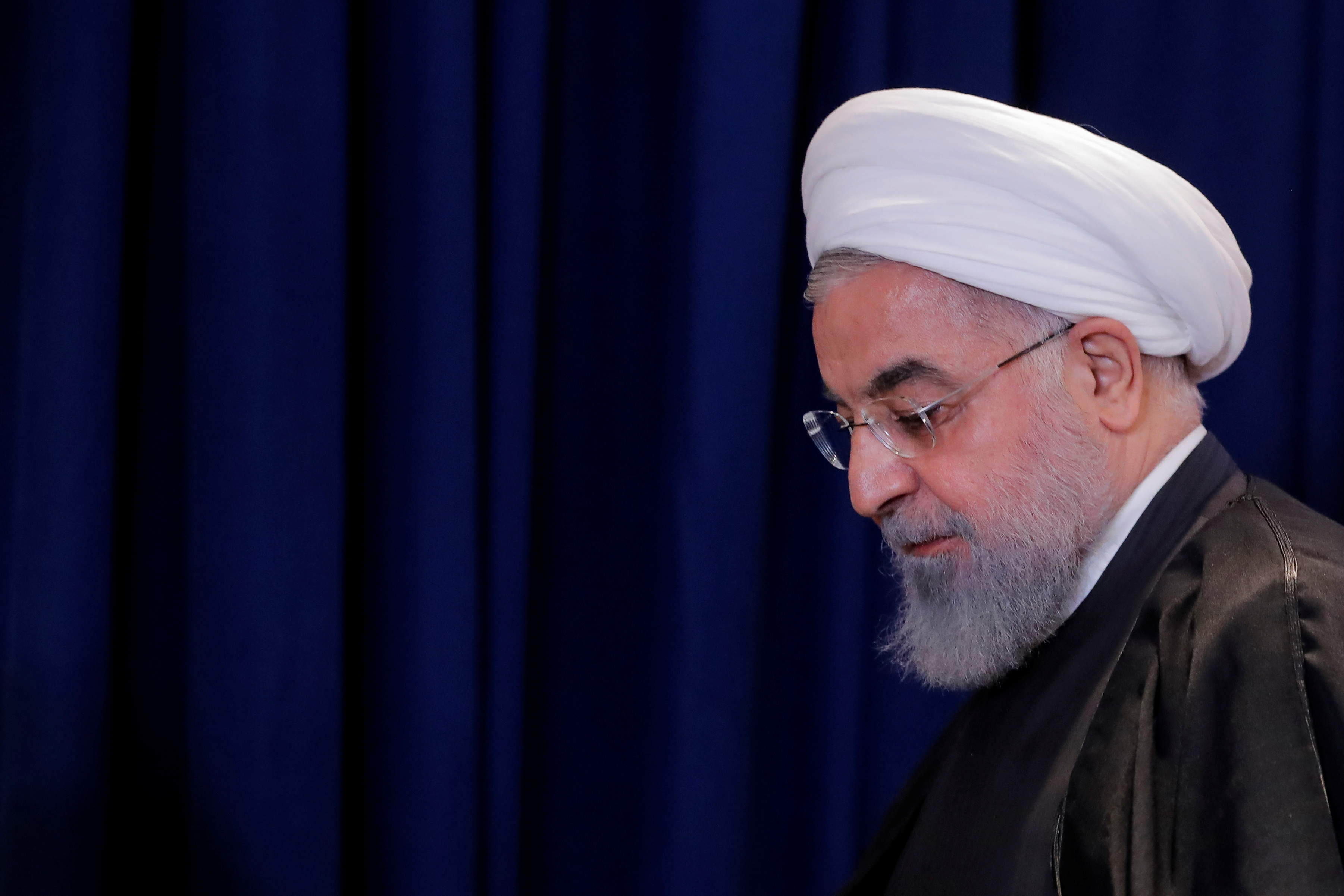Despite tough rhetoric regarding the reimposition of sanctions against Iranian oil, U.S. officials are reportedly conceding that some exceptions will be made for allies and other countries.
The Trump administration plans to grant waivers to eight countries, allowing them to continue buying Iranian oil under the agreement that they reduce their imports. South Korea, Japan and India are among those that will be granted exceptions, with Chinese and U.S. officials still hammering out negotiations, according to anonymous administration officials who spoke with Bloomberg.
It is not yet known which four other countries will be given waivers. Secretary of State Mike Pompeo is expected to announce more details Friday.
The waivers exemplify the fine line the White House must balance: maintaining enough oil supply in the market as to not spur a spike in price, while also not allowing Iran to collect enough in revenue, rendering the U.S. embargo meaningless. U.S. national security advisor John Bolton said the administration understands that all counties “may not be able to go all the way, all the way to zero immediately.”
Iran — which has vehemently challenged looming sanctions — is already taking steps to get around the embargo, such as turning off trackers on oil tankers and moving oil to different ships on the ocean. (RELATED: EU Pledges $20.7 Million To Iran To Offset Effects Of US Sanctions)
“The waivers granted to these eight countries show that the market needs Iran’s oil and it cannot be pulled out of the market … I don’t know whether these waivers are permanent or temporary,” said Iran’s Deputy Oil Minister Ali Kardor said on state television.
However, analysts predict the waivers will only be temporary.
“The U.S. may use waivers to slow-walk implementation, but these will not apply indefinitely,” said Clayton Allen, a vice president with Height Securities.

Iran’s President Hassan Rouhani exits following a news conference on the sidelines of the 73rd session of the United Nations General Assembly at U.N. headquarters in New York, U.S., September 26, 2018. REUTERS/Brendan Mcdermid
The potential reimposition of U.S. sanctions will likely not have as strong an impact as last time. Before the Obama administration reached a deal with the Iranian government, sanctions were supported by both the United Nations Security Council and the European Union. The EU has pledged to give Iran tens of millions in aid as means to withstand the U.S. embargo.
Secondary sanctions against Iran are set to go into effect Nov. 5.
Follow Jason on Twitter.
All content created by the Daily Caller News Foundation, an independent and nonpartisan newswire service, is available without charge to any legitimate news publisher that can provide a large audience. All republished articles must include our logo, our reporter’s byline and their DCNF affiliation. For any questions about our guidelines or partnering with us, please contact licensing@dailycallernewsfoundation.org.


